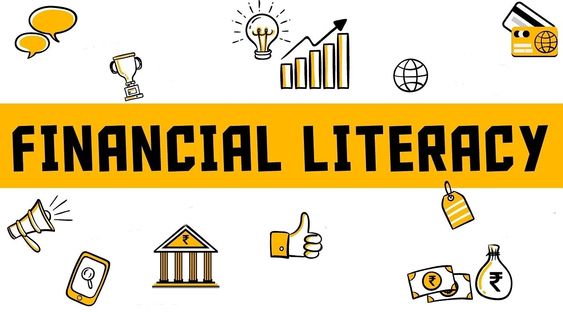Dr. Conchita L. Manabat l May 15, 2024 l Business Mirror

“Don’t save what money is left after spending. Rather, only spend the money that remains after saving funds.” —Warren Buffet
FINANCIAL literacy as defined by Harvard Business Review is the ability to understand and use various financial skills, including personal financial management, budgeting and investing, that has a direct impact on our daily lives.
A survey was done in the United States (US) and it found out that only 37 percent of US adults are financially literate (though 80 percent think they are). The respondents to the survey are 120,000 US adults. The 37 percent was considered passed based on a standard financial literacy test (Global Financial Literacy Excellence Center, 2020). This is quite revealing.
In the Philippines, financial literacy is a recognized concern. The Social Involvement Committee of the Finex Research Development Foundation Inc. (Finex Foundation) has been advocating basic financial literacy. In its ninth year of advocacy, the organization has conducted inter-active seminars/webinars to participants from various sectors of the society. It has covered the under-privileged, the elderlies, the men and women in uniform, the youth, micro-business owners, the retirees and more. It has been an immeasurable learning experience to the ones delivering the seminars/webinars and the attendees.
There are several modules in the basic financial literacy program but the very basic module (introductory) touches on the family and values, communication, importance of education and financial independence. Surprisingly, a number of the program participants who may have thought they are “financially literate” were victims of scams in varying magnitudes.
To have a ready reference for those interested in personal finance, the SIC of Finex Foundation has published “A Handbook on Personal Finance” in 2021 and a Filipino-translated version “Gabay sa Wastong Pamamahala ng Pera” is now available.
While Finance is oftentimes perceived as a challenging topic requiring technical knowledge, the basic financial literacy modules are meant to be simple and easy to comprehend. Aside from the inter-active sharing of basic concepts and ways of doing things, success stories and unfortunate experiences are taken up. More importantly, the modules include sharing of dimensions among participants as they deliberate on caselettes that feature ordinary and simple stories laced with financial concerns.
A guidepost in developing and delivering the modules is the fact that adult students typically remember 20 percent of what they hear, 40 percent of what they hear and see and 80 percent of what they hear, see and do. Effective training involves participants in hearing, seeing and doing.
Do you like to be part of this advocacy? If interested, you may contact the Finex Foundation at finexadmin@finex.org.ph.
*** Conchita L. Manabat is the President of the Development Center for Finance and a member of the Stakeholder Advisory Council of the International Auditing & Assurance Standards Board and the International Ethics Standards Board for Accountants. A past chairman of the International Association of Financial Executives Institutes, she now chairs the IAFEI Advisory Council. The views and opinions expressed above are those of the author and do not necessarily represent the views of the Financial Executives Institute of the Philippines and the BusinessMirror. Photo from Pinterest.

